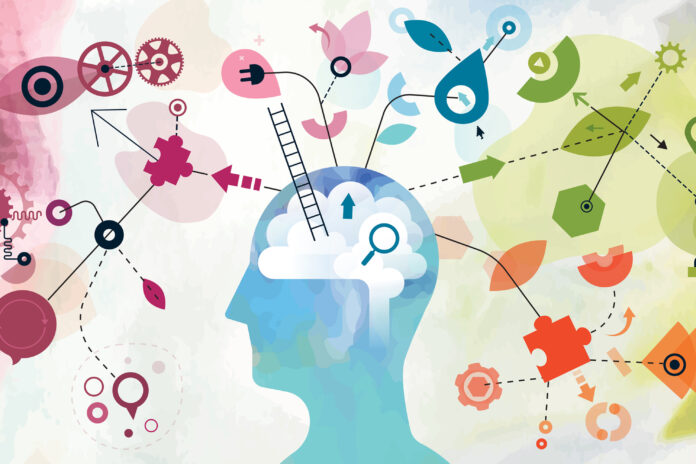Memory plays a powerful role in our everyday experiences, including how we learn and recall things, how we make decisions, and how we plan for our future. That is, memory serves as more than just a simple record of the past. What, then, happens to our memories as we get older—and, for that matt...
Expert Q&A
The Mechanisms of Memory
Dr. Charan Ranganath, a professor of psychology and neuroscience, explains why we remember—or don’t remember—our experiences

Related Articles
- March 7, 2024Breaking Down a 'Brain Booster'
We all—at least those of us of a certain age—forget a word from time to time, misplace our keys, or walk into a room…
- October 24, 2022Mind Your Brain
As people age, they frequently become concerned about perceived changes in memory and other cognitive functions. They…
- April 25, 2022Menopausal Brain Fog: It’s Not All in Your Head
As if hot flashes, sleep disturbances, mood shifts, and vaginal dryness are not enough to have to contend with when going…
Related Articles
Kettlebells: Get Swinging
If you frequent a gym, you’ve likely seen, or perhaps even tried, kettlebells—those cannonball-shaped weights with a handle, made of cast iron or steel....
Keeping Prostate Cancer in Check: The Role of Diet
A healthy diet might help keep slow-growing prostate cancer from progressing to a more aggressive state, new research suggests.
Prostate cancer is common, with about...







